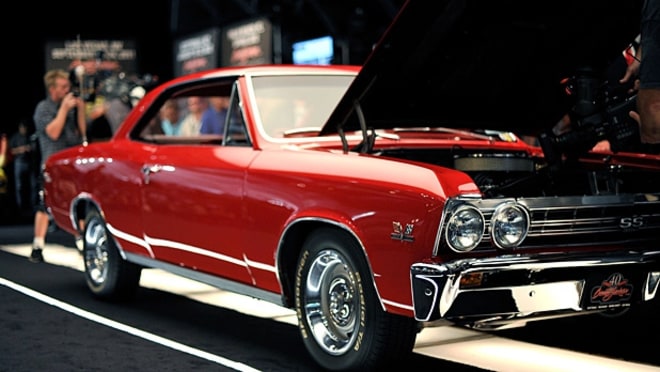How to Tell If That Classic Car Is Really Worth Your Time and Money
Restoring classic autos can be incredibly enjoyable. It allows you to take something that’s been abandoned and neglected and restore it to its former glory. You also have a plethora of potential options, from muscle cars to classic Minis and everything in between. However, something that every would-be restorer needs to consider before getting started is whether the car they’re in love with is really worth their time and money.
Realise You’re Not Likely to Get Your Money Out of It
Restoring a classic car should be about your passion for the vehicle,not the profit you anticipate turning should you ever decide to sell it. Most restorers never recoup the costs involved with the restoration, or the time they put into it. And, make no mistake, even if you let a professional shop handle most of the restoration, you’ll still have quite a lot of work of your own to do. If that sounds fine by you, then go ahead and venture forth. If you’re more worried about the return on your perceived investment, it might be best to stop before you get started.
There’s Demand for the Car
It’s important that your restoration job involves a vehicle with at least a modicum of demand. Yes, that means you might have an easier time of it should you decide to part with the car down the road, but it’s important for other factors, too. For instance, a classic car with no demand probably doesn’t have a particularly wide pool of available replacement parts.
There’s no incentive for aftermarket companies to create replacement components, and there’s definitely no incentive for the original manufacturer to do so (assuming they’re still around, of course). Some demand also means that you have a better chance of connecting with other restorers who might have experience with the model in question, and they can provide advice, guidance and maybe even help you source parts.
Does Authenticity Matter?
While some classic cars might have reproduction parts available, that is often unacceptable to restorers. Do your research and determine if there is a supply of original parts for the car prior to purchasing it if authenticity matters. It may not – many restorers are happy to modify a vehicle with aftermarket replacement parts that are similar to the original, but not quite “OEM”. This will also affect your ability to sell the car later, as well as the eventual price you might see from it.
Can It Be Driven Legally?
Unless you plan on restoring the car as a showroom only vehicle, you need to make certain that it can be restored and driven legally on the road.Emissions is usually a concern here, but so are things like indicator lights,and mirrors. In order to drive your car legally, you may be required to make modifications to the car that make you unhappy.
These are just a few of the myriad of important considerations to make prior to buying a classic car for restoration.
Source:
http://auto.howstuffworks.com/under-the-hood/salvage-used-junkyard-parts/10-signs-your-classic-car-is-a-goner.htm
http://www.mensjournal.com/expert-advice/10-tips-on-buying-classic-cars-20130304
http://www.moneytalksnews.com/10-cardinal-rules-for-buying-classic-cars/
Image:
http://img.wennermedia.com/660-width/mj-618_348_how-to-buy-a-vintage-car-gas-guzzlers-are-cash-generators.jpg




